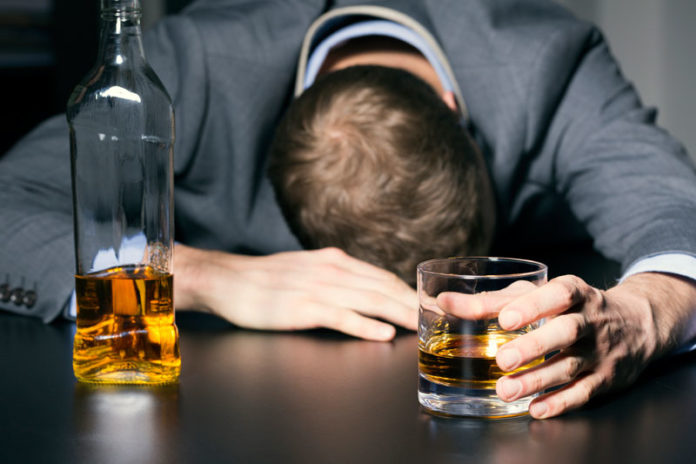Following shameful debacles involving Secret Service agents getting drunk and hiring prostitutes during foreign travel details a federal audit is recommending that the Department of Homeland Security (DHS) develop a policy for off-duty conduct abroad.
The Secret Service inspired the probe but many other DHS agencies—including Customs and Border Protection (CBP), Coast Guard and Transportation Security Administration (TSA)—also have a substantial number of employees that travel and work in other countries. Apparently, the belief is that specific rules banning drunken sex scandals could help avoid more public embarrassments, though it’s difficult to imagine that members of an elite law enforcement agency don’t already know this.
“Off-duty misconduct can undermine the Department’s credibility and integrity and hinder its ability to achieve its mission,” the DHS Inspector General writes in a report issued a few days ago. “Our objective was to determine whether DHS has adequate policies and training governing off-duty conduct while abroad.” The answer is no, but you’d think common sense would kick in absent written rules. As we have seen in the last few years that hasn’t been the case.
In 2012 a dozen Secret Service agents deployed to Cartagena, Colombia for President Obama’s world leaders’ summit trip engaged in wild partying that included lots of booze and hookers. A few years later a drunken Secret Service agent preparing for Obama’s visit to Amsterdam was found passed out in a hotel hallway after a night of partying.
“Neither DHS nor the six DHS components with the largest international presence have comprehensive policies and training to govern employees’ off-duty conduct while abroad,” the agency watchdog reveals. “DHS has some limited, department-wide policies for off-duty conduct in general, but they do not specifically address employee conduct abroad; the six components’ policies do not cover some aspects of conduct, such as drinking excessive amounts of alcohol and using drugs.
DHS as a whole does not offer training in off-duty conduct for employees traveling and working abroad. One component offers training to those working abroad, but only one of the six offers training to both travelers and those working abroad.” In 2015, the agency had nearly 1,500 employees working in 80 countries, according to the audit.
There have been a number of domestic incidents as well. Agents crashed a car in the Florida Keys during an Obama family vacation and top-ranking Secret Service officials—including a member of the president’s personal detail—crashed their government vehicle into a White House security gate after a night of drinking. Could this be why in its official response to the report, DHS “disagreed with the underlying premise that any conduct policy covering DHS employees must specifically state it applies to off-duty conduct while traveling or working abroad.” It’s not clear if the agency wants to broaden the rules to apply domestically as well or if it simply doesn’t want to deal with the disgraceful off-duty conduct of its employees. Regardless, it’s a work in progress that is not expected to be completed for another year, the agency reveals in its response.
In a letter to the IG, the DHS liaison tries to be more diplomatic, though he doesn’t commit to actually issuing rules. He does however, promise that the Office of the Human Capital Officer will at least “provide information regarding drinking excessive amounts of alcohol, using illegal drugs, solicitation of commercial sex, and engaging in notoriously disgraceful conduct to employees who travel outside the United States.” Now the agency created after 9/11 to protect the nation from anther terrorist attack will gather and brainstorm. “The exact manner in which this will be done has not yet been determined,” DHS liaison Jim Crumpacker writes in his letter to DHS IG John Roth. He also warns that “it is important to recognize though that it is not possible to entirely eliminate the potential risk of employee wrongdoing.”






























